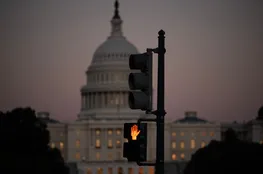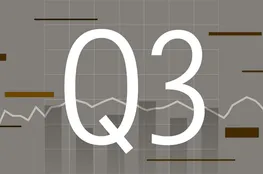Bitcoin versus Central Bank Digital Currencies (CBDCs) is more than a financial showdown; it's a spiritual battle that reflects deeper currents in human society. Authored by Marc Jeftovic, the narrative begins with a dive into the realms of superstition and spirituality and how these concepts intersect with modern technology. As we edge closer to a digital future, this battle pits Bitcoin's decentralized vision against the centralized ambitions of CBDCs.
This story is not just about technology or digital currencies. It taps into a psycho-spiritual layer where synchronicities and the interplay of larger existential forces unfold. Jeftovic recalls his long-standing engagement with these themes, beginning as early as his college days. He describes a pivotal experience involving an unusual synchronicity with biblical prophecy, which he first documented in 1993. This incident, involving writings on financial digitization and allusions to the 'Mark of the Beast,' set him on a path that eventually crossed with the advent of Bitcoin.
Bitcoin, often perceived as 'digital gold,' emerged in the early 2000s as an evolution of digital currency ideals. Over the years, it became more than a financial instrument; it became a symbol of ideological resistance against the encroaching globalism associated with CBDCs. This struggle draws from the works of spiritual and philosophical figures like Emanuel Swedenborg and Rudolf Steiner, who speculated on spiritual influences in technological progress. These ideas intersect with the modern theories of networked, decentralized structures versus centralized hierarchies.
Moreover, the narrative intertwines with historical attempts to control information networks, like the internet's DNS governance battles—prototypes for today's crypto versus CBDC dichotomy. This tension is mirrored in philosophical literature, including speculative fiction such as Vernor Vinge's 'True Names,' which explores themes of hidden identities and control in networked societies.
As we delve deeper, we see the broader stakes of this conflict. The spiritual implications of technology's future reflect ancient dualities: freedom versus totalitarianism, individuality versus collectivism, and decentralization versus centralization. The stakes are not merely financial but moral and existential, with economic models like Bitcoin offering a potentially liberating pathway away from the authoritarian potentials promised by CBDC frameworks.
The article suggests that the alignment of cutting-edge technological advancements with historical and spiritual archetypes isn't coincidental. Instead, it hints at a cosmic orchestration, where significant shifts in humanity's story echo age-old struggles. The contest between Bitcoin and CBDCs could signal a broader shift, echoing the mythic conflicts of freedom against control, autonomy against imposed consensus.
In summary, while this debate may seem rooted in economics and technology, it resonates on a profound, soulful level. It challenges us to consider what kind of world we want—one defined by our consent and control or one where surveillance and automatism define our daily lives. This choice, as Jeftovic articulates, may very well extend beyond the digital realm, touching on the very spirit of what it means to be human in an increasingly interconnected world.
























